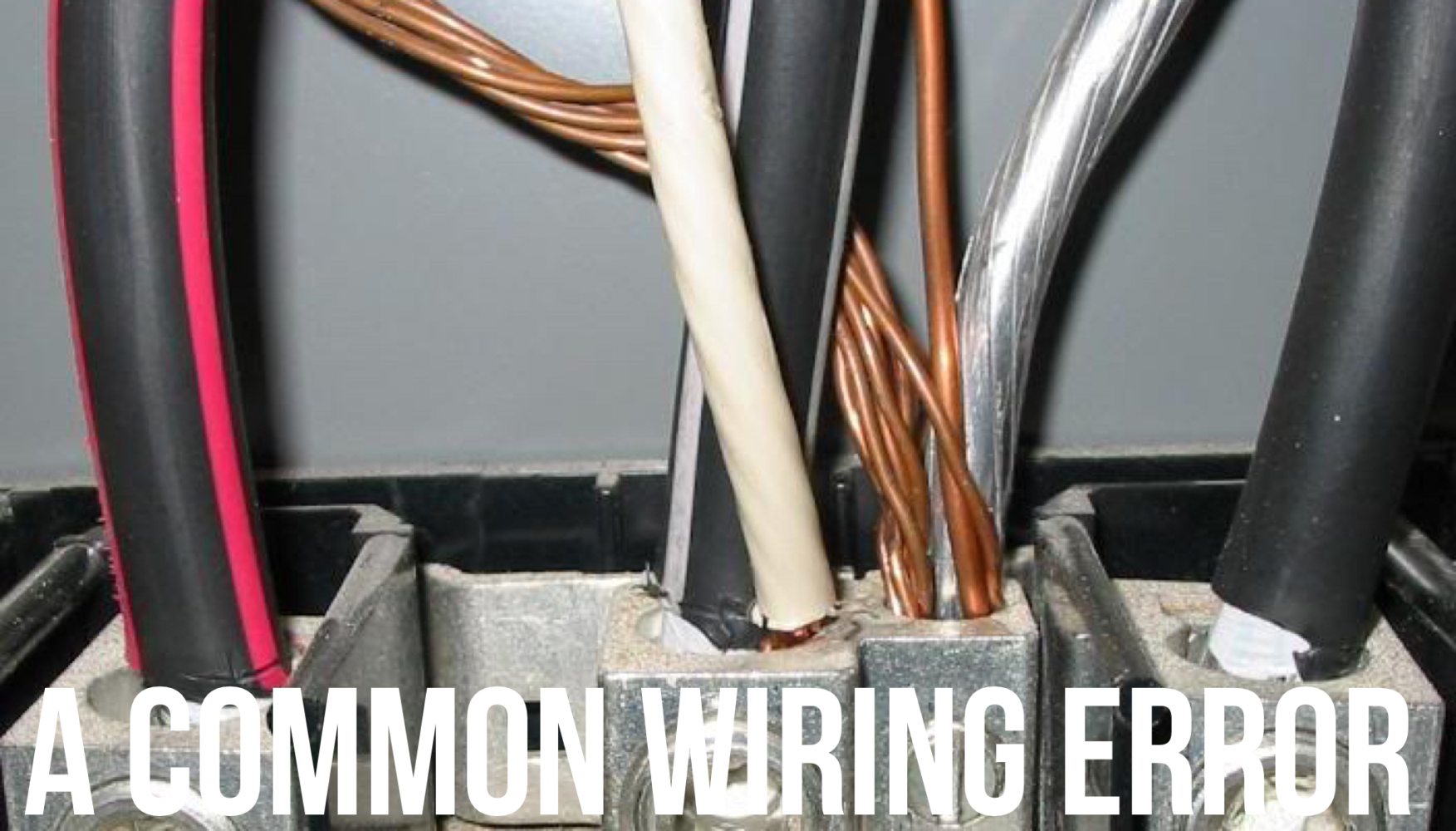Get Tech Tips
Subscribe to free tech tips.
Weighing Refrigerant In and Out

If you don't use a scale every time you add or remove refrigerant, I suggest you begin doing so immediately, if not sooner. Weighing in while charging is fairly obvious, and it's useful so you can keep track of what you are using and how much to charge a customer.
When you have a system that has just been repaired, it is a good practice to weigh in the charge to factory specs plus or minus adjustments for the line set if it is a split system. That is all pretty evident, but why would you weigh a charge out? There are many reasons, but one good example is that whenever you have a failed compressor, weighing out the charge can help indicate whether possible undercharge or overcharge may have contributed to the failure. With any significant failure on an older system, weighing out the refrigerant can indicate whether a leak is likely. When possible, on major failures, you could even weigh out the refrigerant at the time of diagnosis just to ensure that a leak or a compensatory overcharge may be at play.
Using refrigerant recovery to find a possible cause or even diagnose leaks on non-functional systems is a next-level diagnosis in my book. (You can make it a real next-level skill by taking the free Advanced Techniques for Recovery course preview on the HVACR Learning Network.)
Use your scale.
Weigh in when adding charge.
Weigh out as a diagnostic aid and to ensure that you don't overfill your tank.
—Bryan
P.S. — We have a recovery tank fill calculator on our website and the HVAC School mobile app. HERE is a guide showing how to use it.











Comments
I Agree you should weigh in the charge. Before scales we Used a charging cylinder. Also if you have an old scale it’s good practice to check how accurately your scale is. I have taken a can of soda to verify.
I Agree you should weigh in the charge. Before scales we Used a charging cylinder. Also if you have an old scale it’s good practice to check how accurately your scale is. I have taken a can of soda to verify.
To leave a comment, you need to log in.
Log In